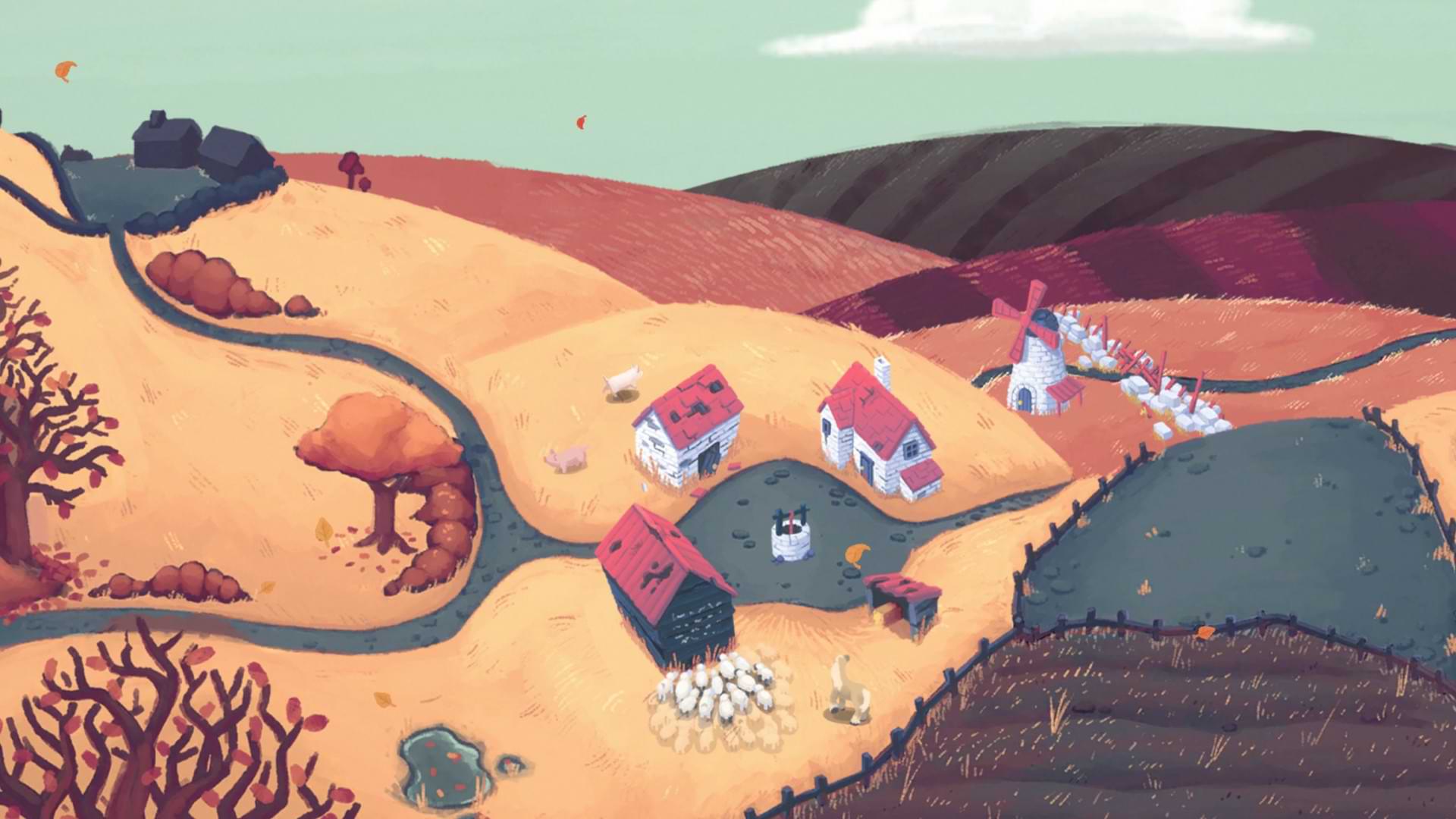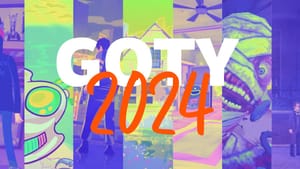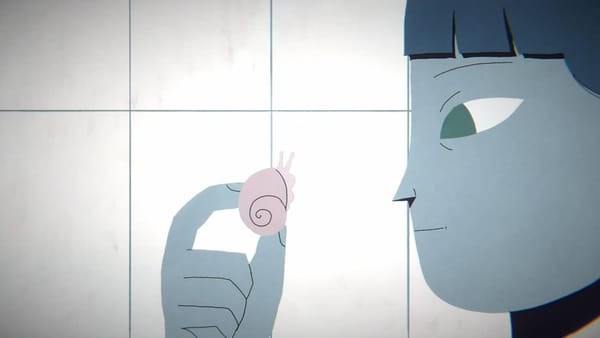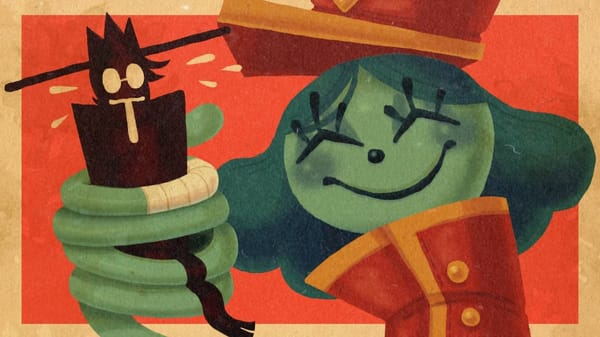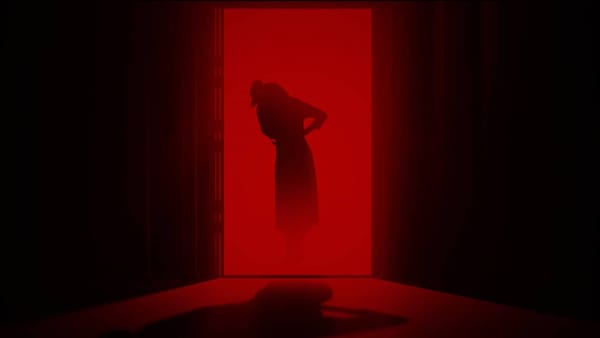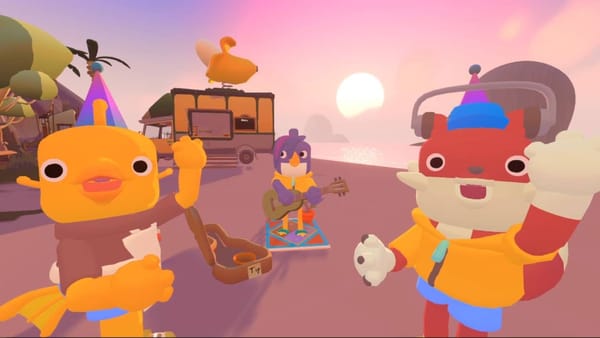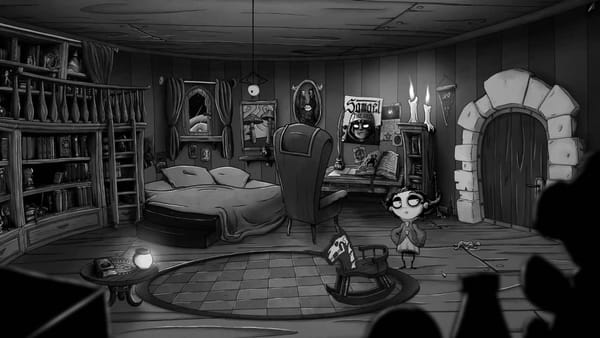Out today on Steam, Orwell’s Animal Farm is an interactive take on the classic literature where you’re at the heart of a farmyard rebellion as the animals overthrow a seemingly tyrannical farmer and his wife, setting set up their own republic. Sort of.
There are usually two reasons, give or take, why I can’t get a game out of my head. The first is down to binging on a game for way too long that I start to question what reality I’m living in. The most recent offender has been Dreadlands. For the second part of this brief anecdote, it’s when a game has a profound effect on my character where I feel compelled to change my lifestyle, construct an orphanage or take up a new hobby.
This time around it has been reading. For someone who writes far too many words, day in day out, I read far less than I should. With magazines being a luxury, due too the cost, and gaming blogs (hint hint) being more up-to-date, I seldom read as much as I’d like and when I do, it’s mostly non-fiction stuff. Well, Orwell’s Animal Farm has enticed me to go back to the source material and get a little clued up.
A Major Plot Development
Using a wealth of allegories, metaphors and all those other words you forgot you learned in school, Orwell’s Animal Farm could not replicate the human condition any better in this complicated, but thoughtful narrative.
Sick of being oppressed by alcoholic Farmer Jones, the animals of Manor Farm, lead by Major, an elder boar, are plotting an uprising for equality and to no longer be enslaved by this alleged farmyard radical. Unfortunately, Major passes, leaving a triad of pigs in control, who decide to reignite the flame in his honour.
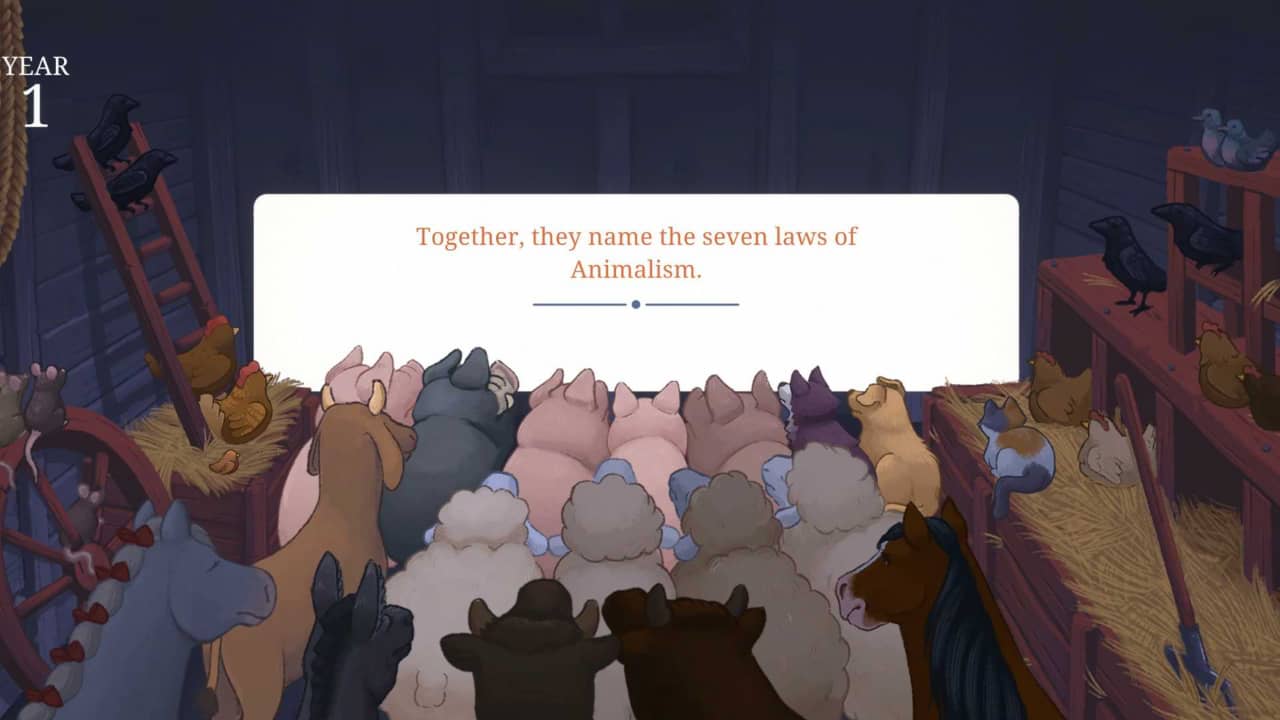
The animals plot together and force out Farmer Jones and his wife, claiming the farm as their own to be a haven for all the animals, no longer under rule. They create a movement called Animalism which features seven simple rules that all animals on the farm must adhere too.
Alas, these are pipe dreams for this romantic Libertalia for farm animals is as corrupt as the ‘governing body’ that preceded it. This righteous model breaks at the seams as the pigs take dominance and start breaking the very rules they collectively decided upon. Who will follow the pigs and will oppose them?
One With The Animals
I recall Animal Farm from my school days and got halfway through, but the themes were a little over my head, and the countless animal deaths were on par with Watership Down – my emotions would get the better of me. Not that I’m tougher now, I just know how to hide them a little better.
Orwell’s Animal Farm can craft a relatable experience with precision, humanising the animals so that we can put ourselves in their predicament – often without knowing. It’s not that the spell was cast immediately, however, as it took me a bit of time to get stuck in.
Orwell’s Animal Farm can craft a relatable experience with precision, humanising the animals so that we can put ourselves in their predicament
First of all, this game is essentially a visual novel, and except for titles such as the superb Chicken Police, I’m not the biggest fan of these. I have, however, recently pinpointed my distaste for the genre down to the weak narratives and characters, and sometimes the interactive element.
Orwell’s Animal Farm uses a timeless source to draw from, but it could easily backfire for Nerial and The Dairymen as it’s not guaranteed a success just because of the title, and in reality, it’s not the type of material that would lure gamers in their masses. Well, that depends on the demographics, right?
March Of The Pigs
It was easy to get influenced by the propaganda that came with the game (that’s a joke). Orwell’s Animal Farm means a hell of a lot to the team that produced it. Still, as admirable as the reasoning for bringing this to the PC, it needs to stand on its own two feet. Or four. Two feet bad.
Fortunately, this game really does capture the essence of story development and consequences – coincidentally, two of my favourite things. Other than white chocolate and whisky.
Every action has an effect, be it for the greater good of the masses or individual aspirations – there are never any wasted moments. Each day, you have the choice to order the other animals to do their work, invest in repairs, build new amenities, fight off neighbouring farmers, reward the animals with a feast or keep up their morale with singing.
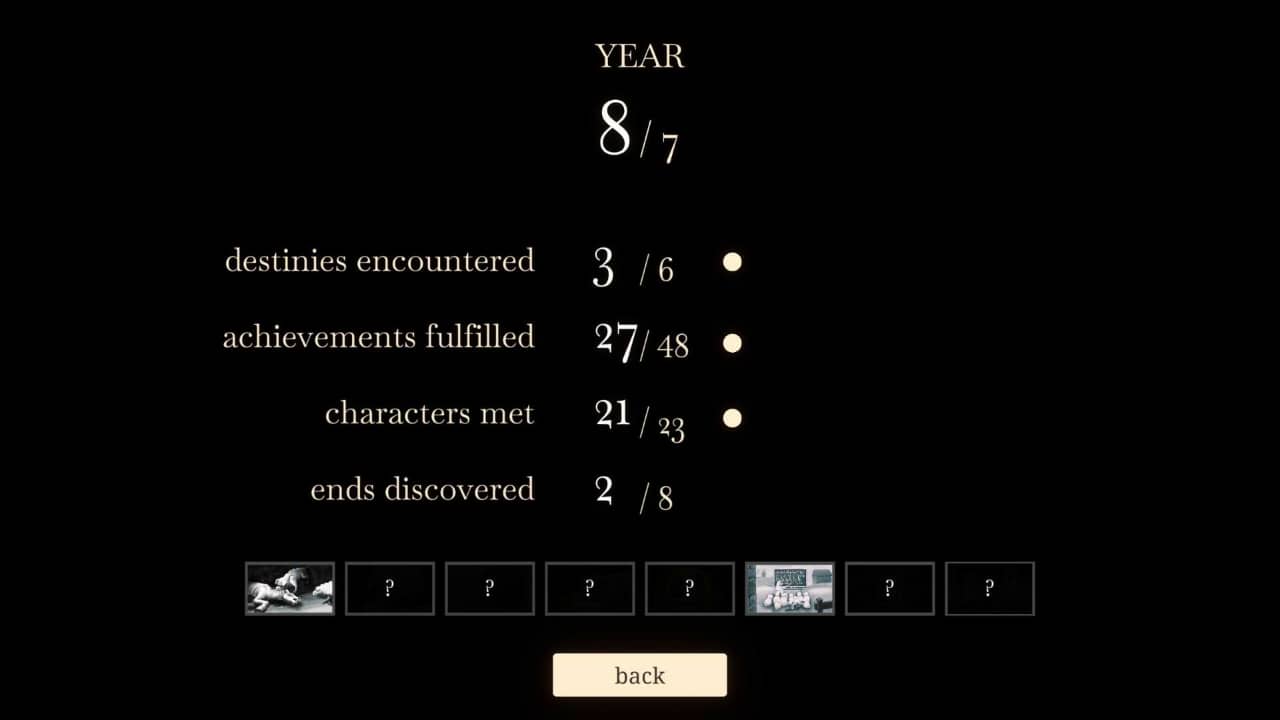
There are three key characters when it comes to the pigs. Napoleon is the totalitarian opportunist who wants complete control with a militaristic flavour, Snowball is an idealist, educating the animals and foresight for the success of the farm, but he’s not without his flaws, believing the pigs to be superior. Squealer is the manipulator, dumbing down the language to control the animals and following the leader like a.. well, sheep.
Some Things Never Change
It’s not a boastful statement, but I would say that I’m politically ignorant. Perhaps that is why the animals’ plight resonates with me, but I’m certainly not as naive as Boxer, the horse. The terminology that I’ve used thus far is most likely incorrect, but the intent of each character is clear, and one of the fundamental themes is corruption.
Sidetracking for a moment, Orwell’s Animal Farm was supposed to be released in 2016 in time for the Trump/Clinton presidential campaign. Fate would have it that the game is released a month after Biden has been confirmed as the presidential elect, but even a month later, regardless of your stance, the themes in Animal Farm resonate.
Qualifying itself as a timeless story, as it is as relevant today as it was in 1945
Qualifying itself as a timeless story, as it is as relevant today as it was in 1945, the source material truly is a classic, and this computer game incarnation does it justice. After slowly warming to the narration by Abubakar Salim of Assassin’s Creed Origins fame, it was the effects of my actions that hooked me into the gaming element.
Told over seven years on the farm, you will side with whomever, or mix it up, for the benefit of the farm or the individuals. In your playtime, characters can be killed off at any time, whether it be key players or an almost McCarthy witch hunt of executions, being exiled, or simply leaving the farm for new pastures.
Mindful Thinking
My first playthrough wasn’t the most rewarding result, but I had managed to spare some of my favourite characters and last until the sixth year. The subsequent playthrough was a bit shorter through experimenting with responses I wouldn’t usually choose, until the third playthrough I had managed to last the full term with Snowball at the helm, but my favourites sacrificed in the process.
The incentive for repeat plays is particularly high as there are multiple in-game achievements, such as having a happy farm or lasting another winter. Additionally, the multiple endings are interesting as well and pose ‘what ifs?’ to the characters you genuinely care about or those you want to see get their comeuppance.
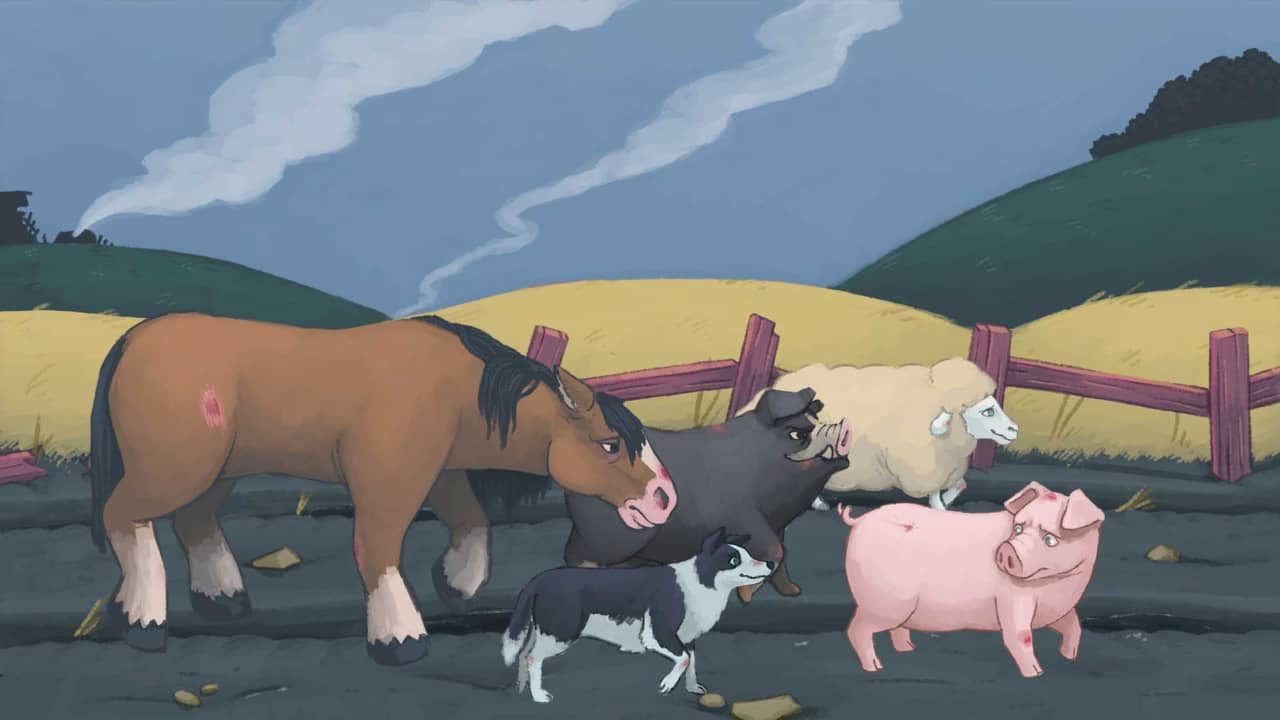
That enthusiasm for the story and its characters has prompted me to purchase the source material to find out more. I often do this, as Uncharted 4 and Assassin’s Creed Black Flag encouraged me to read up more on pirates and the Yakuza series lured me into organised crime and karaoke. In summary, the experience was massively positive.
Is Orwell’s Animal Farm one of the best games I’ve played this year? Not entirely, no. I’d be a bit of a contradiction if I said how dreamy the visual novel elements were and how interactive it all felt. There’s not much to do in the way of gaming, but your actions do have consequences, and more importantly, I cared.
This won’t be for everyone’s tastes – I seldom recommend a visual novel unless it’s affected me, and this clearly has. I don’t know if it will appeal as much if you’re familiar with the source material. I wasn’t so much, so that bending of the arcs suited me fine, but some purists might argue that the multiple options give too much freedom. But that’s the point, right? Choice.
Orwell’s Animal Farm was a delight to play, covering some significant themes that affect us all in some way. As a naysayer for visual novels in general, I ate my hat as I played three games back-to-back in one sitting, followed by another two later that same day. A game where consequences mean something and that provokes actual thought.


